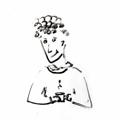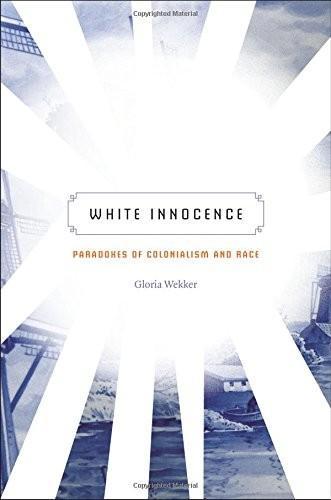ralentina reviewed White Innocence by Gloria Wekker
Race and the Dutch self-understanding
5 stars
If I ever was to compile a reading list for people to learn about the Netherlands, this book would certainly be a good place to start with. In cultural analysis style of argument, Wekker uses a series of cultural products, public and personal situations and cultural products to discuss the distinct forms that racism takes in the Netherlands. According to Wekker, what is distinctive about the Netherlands is people's self-understanding as a small country, historically a victim rather than an oppressor, shaped by an ethos of equality that makes people colour-blind (in contrast to other former colonial power, e.g. the UK, and the US). Wekker considers how this self understanding manifests itself in different domains, e.g. Dutch women studies, policies about minorities/emancipation, discourses around homosexuality, especially among white gay men, as well as personal encounters, e.g. with police officers or fellow academics. The final chapter, which I found especially well-constructed, is about Zwarte Piet, or perhaps more accurately about predominant (white) reactions to critique of this tradition.
The book was published in 2016, and likely written 1-2 years prior. Wekker suggests that there is a trend towards greater acceptability of overt racism, fueled by the discourses of far-right politicians, including Geert Wilders (who just led the PvV in the past election, leading to the formation of a far-right government just this week). I imagine Wekker would agree that the success of these discourses is a symptom more than it is a cause, so I would love to hear more about her analysis of the 'structural forces' that drive this trend, so to speak (put simply, a reflection on any relation between postcolonial melancholia, and changing socio-economic relations within and beyond Dutch society?).
I loved this book, but I do think it falls a bit into the trap of relentless deconstruction. Wekker is pointing out a gap between Dutch self-representation one the one hand, and material and symbolic power relations in Dutch society, on the other. But I stand by the idea that deconstructing other people's myths is a bit too easy (although probably politically necessary at this point in the Netherlands). Besides, it seems a flawed project to assess self-representations (just) in relation to their truth-value, rather than as potentially orienting visions. While I do understand that the way the ideal of equality is mobilised in the Netherlands is full of hypocrisy and maybe even violence, I also think there is something worth 'saving' in it, something that can be leveraged, also against racism.

